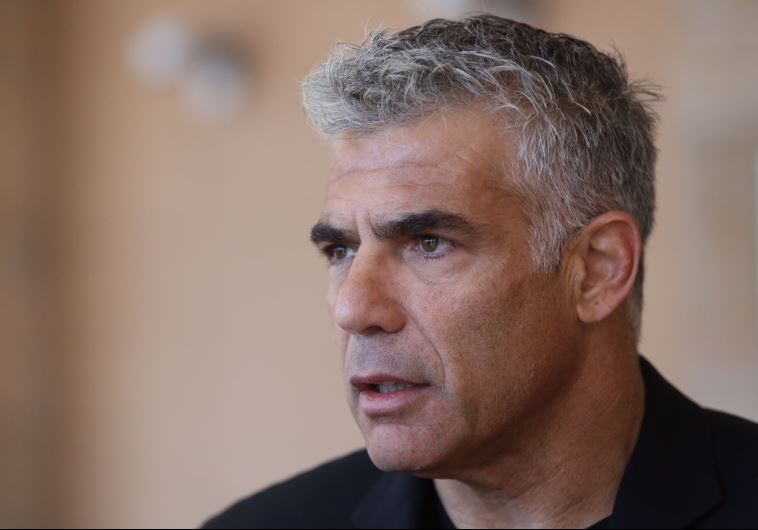DIPLOMACY: Runaway hyperbole one of the problems with Israeli discourse
The hyperbolic tone of Yair Lapid and Avigdor Liberman’s conference in the Knesset to "save" Israel’s standing abroad illustrates part of the problem.
 Yesh Atid chairman Yair Lapid at the Knesset(photo credit: MARC ISRAEL SELLEM)Updated:
Yesh Atid chairman Yair Lapid at the Knesset(photo credit: MARC ISRAEL SELLEM)Updated: